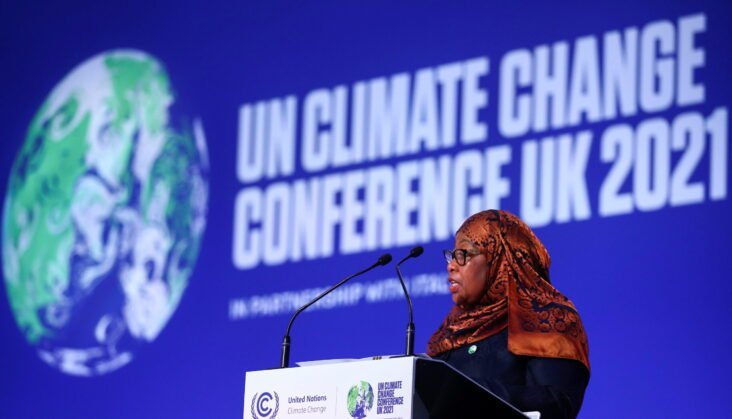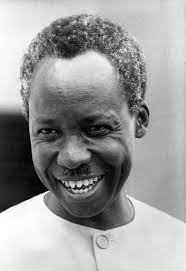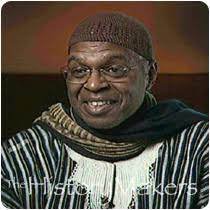Tanzania and lessons from the principal of Ujamaa
Recently with the ongoing catastrophe concerning current petrol prices which are at historic highs there was recently reporting that the country of Tanzania would be undergoing economic transitions to become more open to outside investment. Tanzanian natural gas has been at the center of this economic restructuring to supply Europe with now lost Russian imports which power over 30% of Europes energy. Tanzania over the corse of the Covid 19 pandemic had lost its former president to the virus, now with a newly inaugurated woman president whom has an eye for economic change.
This announcement had come to me as a surprise considering the regional economic agreements Tanzania has with Kenya, Uganda and South Sudan to create an “East African Federation” a regional integrated economy aimed at African continental development. Tanzania also has a revolutionary history which has made its economy less globalized than others in the region. This prompted me to search within the archive “Ujamaa”, the socialist socioeconomic principal of communalism, to see if there were any interviews speaking on Tanzania’s unique socioeconomic project that is now contemporarily entering a state of reinvention and change.
In searching “Ujamaa” the most relivant video was an interview with HistoryMaker Prexy Nesbitt, a former Civil rights activist and africana studies instructor. Mr. Nesbitt recounts a scene he witnessed at the revolutionary zenith of Tanzania stating “[Julius Nyerere] led an Ujamaa event where the whole town of Dar es Salaam [Tanzania] marched and laid money in the streets of Dar es Salaam. We laid the money out on the tarmac, on the streets, and it stayed out on the streets until the next morning when the street sweepers would pick it all up. This was a fundraiser for the whole nation. And I think, how impossible today that you'd have that kind of an event take place, but this was the spirit of building and of coming together, Ujamaa, uhuru na kazi, freedom and work, that was Socialist in its content but African its character. That was just an amazing influence for all of us”. Mr. Nesbitt is certain to articulate the socialist nature of Nyerere’s Tanzania, emphasizing the demonstrations of greater social wellbeing and collective action.
Another interview that I came into contact with was with Community development chief executive Sokoni Karanja, who funny enough was also a Brandeis alumni. In this interview Mr. Karanja expresses his enthusiasm and curiosity about having the ability to survey African socialism in real time during his visit to Tanzania. He stated that “Ujamaa was a whole part of that whole, that cooperative economics. He was trying to move folks from the city back into what we call, what they call Ujamaa villages. Those were the villages I was visiting. I visited a whole bunch of those villages, hundreds of them actually you know during my stay there in Tanzania looking at them and seeing how they were working and whether they were effective and how people felt about them, that kind of thing you know”. What Mr. Karanja is describing is the economic lifeblood of the Tanzanian economy, which is concerned with public wellbeing and domestic self sufficiency.
It is not an over-statment to say that revolutionary Tanzania and its socioeconomic outlook of Ujamaa made important impressions on the Pan-African revolutionary imagination about how a Black nation could function. At a moment of critical juncture within the Tanzanian economy it should be noted of the fiscal merits and social benefits of the Ujamaa system that has differentiated Tanzania from its regional neighbors, making the country a regional power and economic blueprint. The new government of Tanzania will be met with large challenges on its endeavor of neo-liberalism should it shirk the legacy and mandate of its longtime socioeconomic Ujamaa project.




